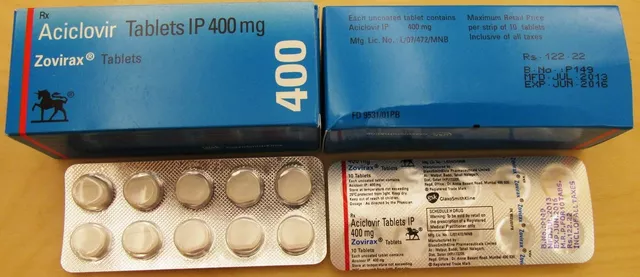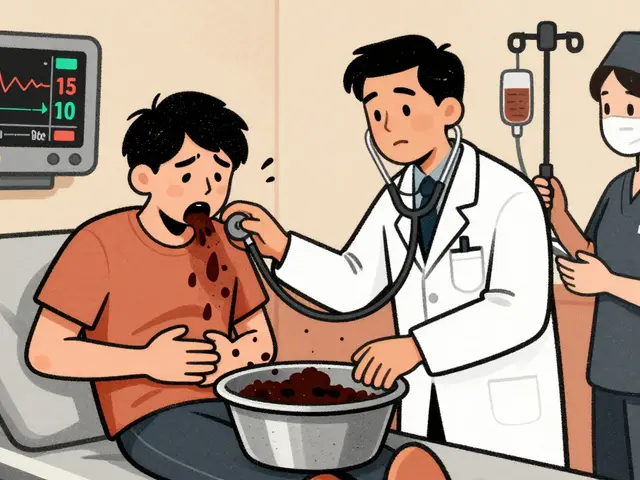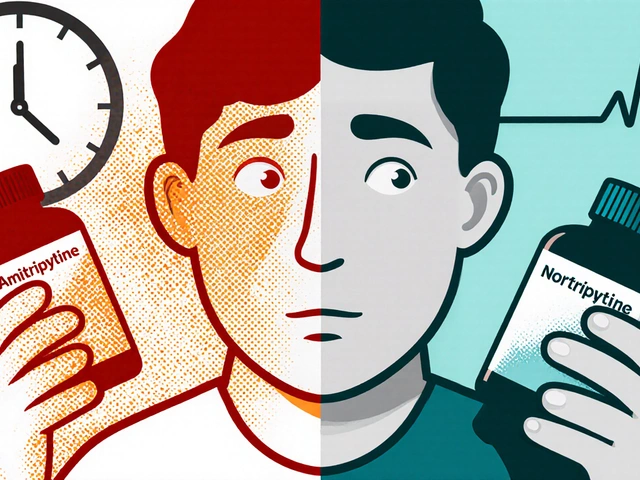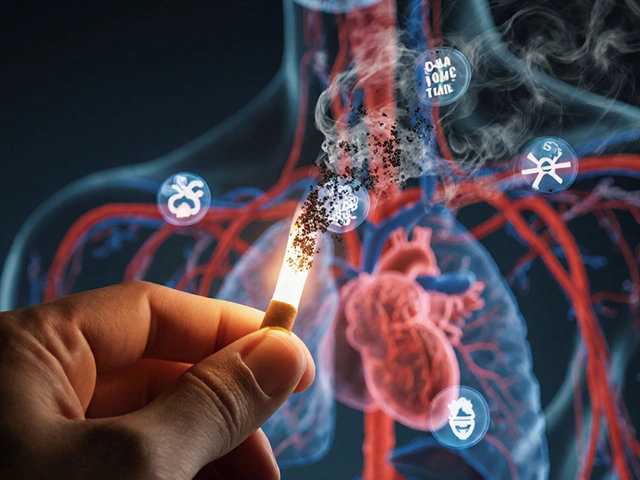Thyroid Storm: Symptoms, Causes, and What You Need to Know
When your thyroid goes into overdrive, it can trigger something called thyroid storm, a rare but life-threatening surge of thyroid hormones that overwhelms the body. Also known as thyroid crisis, it doesn’t just make you feel jittery—it can spike your heart rate, raise your fever, and send your blood pressure through the roof. This isn’t a slow-progressing condition. It hits fast, and without emergency care, it can lead to heart failure, seizures, or even death.
Most cases happen in people who already have untreated or poorly managed hyperthyroidism, a condition where the thyroid gland produces too much hormone, often due to Graves’ disease, an autoimmune disorder that tricks the thyroid into overproducing. But it’s not always the disease itself that sets it off. Infections, surgery, trauma, or suddenly stopping thyroid meds can push someone from chronic overactivity into full-blown crisis. Even something as simple as a bad case of the flu can be the trigger if your thyroid is already unstable.
What does it feel like? Think of a fever that won’t break, a heartbeat that races even when you’re sitting still, and sweating so heavy it soaks your clothes. You might feel confused, agitated, or nauseous. Some people vomit or have diarrhea. In severe cases, jaundice or even coma can happen. It’s not just "feeling wired"—it’s your body literally burning through energy at a dangerous speed. If you or someone you know has been diagnosed with hyperthyroidism and suddenly feels much worse, don’t wait. Call emergency services.
Doctors treat thyroid storm with strong medications to block hormone production, slow heart rate, and calm the immune system. Sometimes, they even use steroids or iodine to shut down the thyroid temporarily. The key is speed. The longer it goes untreated, the higher the risk of organ damage. That’s why knowing the signs matters—not just for patients, but for anyone who cares for someone with thyroid issues.
You’ll find posts here that connect directly to this emergency. Some explain how drugs like nitrofurantoin can affect thyroid function, while others cover how medications like azathioprine are used in autoimmune conditions that lead to hyperthyroidism. There’s also advice on spotting dangerous drug interactions, managing side effects in older adults, and avoiding misinformation about thyroid treatments online. These aren’t random articles—they’re the real-world pieces that help you understand how thyroid storm fits into the bigger picture of medication safety, chronic disease, and emergency care.

- Nov 16, 2025
- Posted by Cillian Osterfield
Graves' Disease: Understanding Autoimmune Hyperthyroidism and PTU Treatment
Graves' disease is an autoimmune disorder causing hyperthyroidism, often treated with PTU, especially during early pregnancy. Learn how it works, its risks, alternatives, and what to expect during treatment.
Categories
- Health and Wellness (72)
- Medications (69)
- Health and Medicine (28)
- Pharmacy Services (12)
- Mental Health (9)
- Health and Career (2)
- Medical Research (2)
- Business and Finance (2)
- Health Information (2)
Latest Posts
©2026 heydoctor.su. All rights reserved




